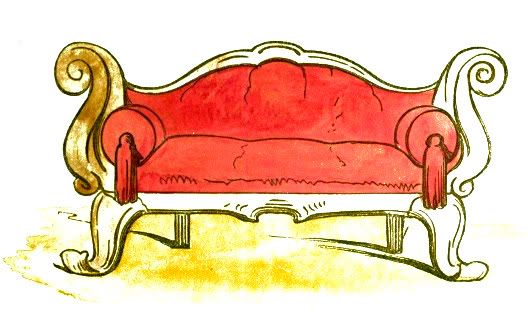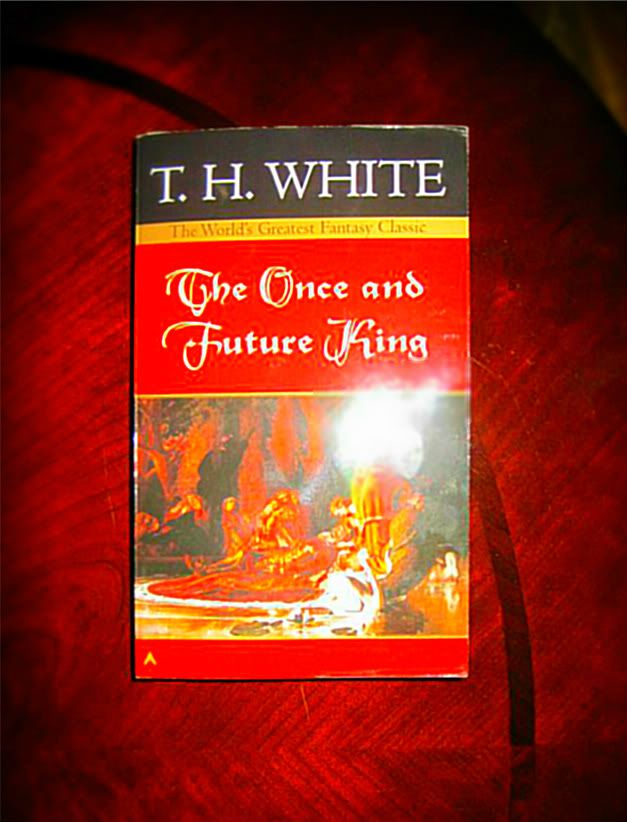Also known as, Travels into Several Remote Nations of the World, in Four Parts. By Lemuel Gulliver, First a Surgeon, and then a Captain of Several Ships.
 Welllll, I can't look at the word Yahoo the same anymore. And honestly, I have no idea how to start with such a powerful book, so here goes.
Welllll, I can't look at the word Yahoo the same anymore. And honestly, I have no idea how to start with such a powerful book, so here goes.Gulliver's Travels by Jonathan Swift is definitely a masterpiece. It's the kind of writing that inspires real thought and retrospection into the human condition. The satire side is amusing and sometimes gross, but it does give you something to laugh about until you realize what you are laughing at is the reality around us.
The various fantasy worlds with each their own culture and flaws differing from Gulliver's own country of origin are only exaggerated forms of societies which exist in our own world even today.
It's amazing that Gulliver is so indifferent to most of these accounts to the point that he shares his experiences in a relatively impersonal, narrative form. Throughout the journeys Gulliver finds himself first at a position of power over the Lilliputians due to his gigantic size, then in Brobdingnag just the opposite where he has now become the tiny man.
Though between his positions of power and belittling, Gulliver keeps his morality and reason about him. This idea that morality should be above all other things as social standard is a primary theme in this story. After all, it is a play on how things that may not be commonly referred to as vices are actually such when viewed from an outsider's perspective.
The floating islands of Laputa symbolize the institution of government floating in isolation above the city. Then, the result is the impractical implications of science which completely fails to improve the disastrous conditions of the citizens living impoverished in their country below. And no matter where Gulliver travels, he will find something wrong with society.
 |
| Laputa: Castle in the Sky, 1986 film written and directed by Hayao Miyazaki |
Until, he meets the Houyhnhnms which hold virtues of reason and kindness. Although they seem superior to all the nations already described, they will believe it only reasonable to enslave the Yahoos which are a violent race of brutes. But then they reason Gulliver is no different than a Yahoo and he is exiled from the only society that he ever wished to call his home.
In the end, this is the destruction of Gulliver's outlook on humanity. He will even look at his own reflection with disgust at the ideology of perfection which was the Houyhnhnm way of life.
It is sad but true to understand the human condition in such a way. There is so much idiocy in everyday life that I sometimes suppress the urge to shout in public places (or stoplights where roundabouts would've been more intelligent, c'mon even Tijuana knows that).
But it is really a burden to look at so many people with contempt, so Gulliver makes his final action. He will try his best to suppress his disgust and teach his family what he had learned. This is the real treasure to be taken from this story, because Gulliver has in the end, taken action. And for once, he is left stepping in the right direction.
"I considered how all these pure native virtues were prostituted for a piece of money by their grand-children; who, in selling their votes and managing at elections, have acquired every vice and corruption that can possibly be learned in a court." -Lemuel Gulliver
Jonathan Swift, Gulliver's Travels (Ann Arbor: J.W. Edwards, Inc., 2006), 178.
 Sofa Cushions
Sofa Cushions






